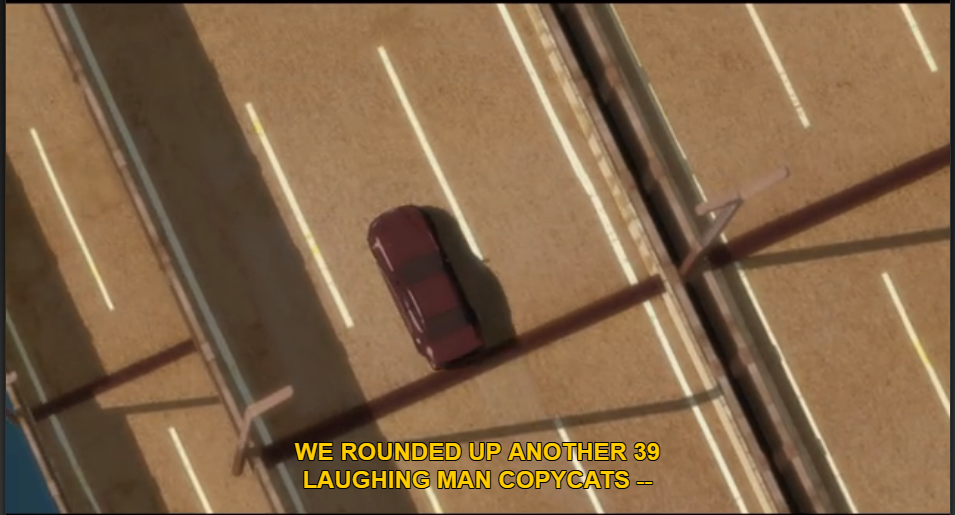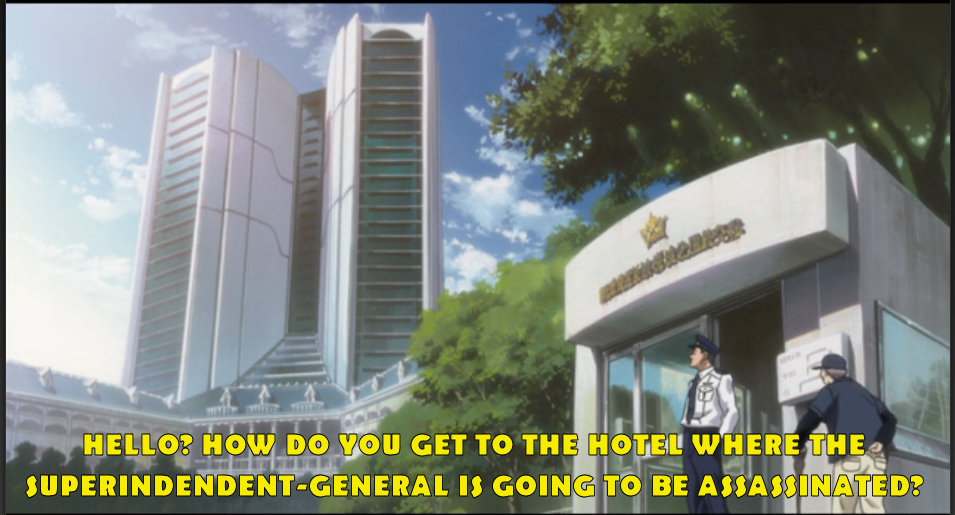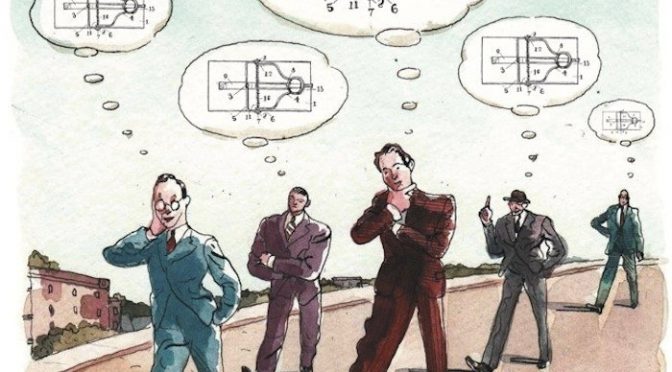Anyone who’s had any exposure to other people will know at least one person who’s said that there was no such thing as a new idea anymore. These people come in a few flavors, from the people who say that all “new” ideas are really amalgamations of old ideas to the ones who endeavor to be pedantic by pointing out that “ideas” were just things waiting to be discovered and someone would do it eventually. But the most common, and arguably the most annoying to creators, is the cynic who believes that we’ve run out of ideas and that creativity is dead. And, frankly, when you look at the swath of similar products coming out at once from studios and publishers, it’s kind of easy to see where they’re coming from.
From the perspective of these people, once any idea is put out there, everyone is going to race to copy it as fast as possible. There’s no coincidence between similar products, it’s all a matter of quick cash grabs. After all, how else can you explain so many similar stories being put to print and film back to back? It’s hard to argue with, because we can all see with our own eyes how publishers and studios can churn things out. So whenever one thing becomes successful, dozens of copycats will follow up. Is a dystopian YA story the new big thing? We’ll see 20 of them by the end of the year. Did a formerly terrifying monster suddenly become sexy? We’ll run that into the ground. And if you’ve managed to put out something original in that time, there’s a good chance you might get lumped together with the others whether you knew of them or not.
But what those cynics don’t realize is that often this race to hit the iron when it’s hot usually means the studios and publishers are digging up old submissions or overlooked IPs, and that the creators behind those ideas generally had no idea the others existed – but came to the same idea anyway.
Collectively Independent

Though the human brain is a remarkable thing, it’s generally limited to working with the information made available to it and that means that ideas which should be obvious generally aren’t until the right prerequisite ideas exist first. This has led to a phenomenon throughout history known as “multiple discovery” where more than one person will discover the same idea, technology, or factoid at roughly the same time. To our inner cynics, this sometimes makes us feel like one person stole the idea from another, but generally it wasn’t quite so sinister (unless Thomas Edison was involved, ’cause that man had some issues). Furthermore, as our society continues to develop there is an evolution to multiple discovery that is going to cause some creepy effects over time.
One of my favorite anime properties is Ghost in the Shell. Though the recent movie left me a bit disappointed in the way they portrayed many of the characters in it, the franchise itself has always been strong for me and I’m fascinated with some of the ideas that it brings up. One in particular was the namesake of the TV series that ran for 2 seasons – Stand Alone Complex. To put it simply, the Stand Alone Complex within the series is essentially the idea of multiple discovery taken to the next level. The idea is that, because of the natural trajectory of our society right now, with the steadily increasing population, the greater availability of information, and the ease of access to that information – multiple discovery won’t just become more common, it will extend to a point where independent thought will begin to appear collective.
The example within the series has some solid basis in reality too as a large group of people become copycats of a single charismatic figure. We’ve seen copycat criminals in the past, particularly with high profile cases where one incident inspires several others. But imagine, for a moment, if every potential copycat was – due to there being so many people exposed to so much information – exposed to the same information, the same ideas, at the same time. In theory, if enough people were exposed to this same information at the same time, they could all decide to take the same actions at the same time.

Slightly terrifying, right?
So, often, while people are trying to cash in on a trend and chase the money where it’s going (especially executives) a lot of the creators were just suffering a touch of that multiple discovery effect. When you see two products created by two creators who have no direct attachment, you know the executives probably tried to cash in, but the creators? It’s entirely possible that the creators in question just happened to read the same books, watch the same movie, came from similar backgrounds. And, as a result, when they put proverbial pen to paper, they ended up going down similar roads. There’s no grand conspiracy, it’s just kind of how the human brain works.
And, here’s the thing, that can get incredibly discouraging. I’ve known so many early writers who found out someone else had a similar idea to theirs and felt like that somehow diminished their own work. While studios and publishers like to chase down the tried and true and will dig up concepts they previously ignored just because something similar succeeded, creatives rarely feel the same way. The desire to be original, to be able to introduce something new, is so strong that people will see similar ideas likely inspired by similar stimuli and consider giving up on their work to find something “more unique”. I’m sad to say even I felt that way a few times before. But I was wrong when I felt that way, and if you’ve ever felt that way, you were wrong too.
In the years since I started to take my writing public, I’ve encountered a lot of similar concepts. And, for a while, I felt like their similarities had somehow stolen my thunder, or brought into question whether the idea I had was really that good to begin with. Was it a product of my own imagination, or was it just derivative? It took a while to come to terms with the fact that an idea can be original and still be had by multiple people. I had to come to embrace the idea of multiple discovery and realize another important fact:
Even if someone else had the same idea, they didn’t have the same story.
The thing that a lot of the cynics forget, and that we as creators often forget too, is that similar premises don’t mean the same story. Yes, the core premise may be similar, but there’s more to stories than what’s in the logline. Every creator, even if inspired by the same sources, will approach that idea from different directions. You’ll introduce your own characters, your own personalities, and your own twists and turns. The parts that make the story unique aren’t necessarily the blurb on your back cover or your elevator pitch, but the interactions that happen along the way. The journey is what’s unique, not the destination, and it’s important to remember that when we see someone come close to us.
Your voice, the elements that make your writing uniquely “you” are rarely found in the premise itself. Look at any classic author or famous screenwriter and you’ll find works that seemed “cliche” – even some of their best works. It’s inevitable, there will be ideas you have that someone else has too. But the thing that’s important, the thing that defines the greats, is that you make it so that what defines you will also define your story. Your voice will make that similar concept unique by default, because even if we have the same ideas, from the same information…
How we process that information, as individuals, isn’t always the same.
(I write novels and dabble in my scripts. Follow me on twitter, see how I build my worlds, and learn what’s unique about me.)







